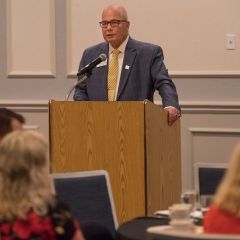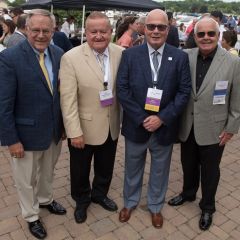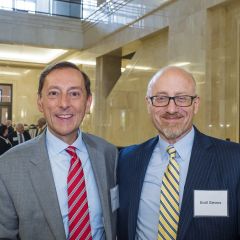Best Practice Tips: Law Firm Strategic Planning – Culture as an Essential Ingredient
 Asked and Answered
Asked and Answered
By John W. Olmstead, MBA, Ph.D, CMC
Q. Our firm is a 12-attorney firm – eight partners and four associates – in Phoenix. It was founded by the current partners 20 years ago. We are an eat-what-you-kill firm – partners receive their fees, overhead is allocated, and their compensation is their individual profit. While we have an administrator who handles the day-to-day management of our operations, we have done a poor job of long-term management and planning. One of our partners has suggested that we develop a strategic plan. However, I believe this would be difficult for us given that we never meet, have different ideas about our future, have never been able to agree on any major decisions, are unwilling to be accountable to each other, and have a general attitude of mistrust. I do not believe we even have a firm culture. In essence we are eight separate practices operating under the guise of a partnership. Your comments are most welcomed.



 Lockport Police Chief Terry Lemming received the ISBA Law Enforcement Award on June 6 during a Lockport City Council meeting. ISBA Board member Sonni Choi Williams and Lockport Mayor Steven Streit presented the award.
Lockport Police Chief Terry Lemming received the ISBA Law Enforcement Award on June 6 during a Lockport City Council meeting. ISBA Board member Sonni Choi Williams and Lockport Mayor Steven Streit presented the award. Use your free online CLE hours to help meet your MCLE requirement. Haven't met your 30 hours yet? Use your ISBA free online CLE benefit – up to 15 hours per bar year included with your membership at no extra cost – before the June 30 deadline! With more 400 hours of online CLE programming, there's something for everyone.
Use your free online CLE hours to help meet your MCLE requirement. Haven't met your 30 hours yet? Use your ISBA free online CLE benefit – up to 15 hours per bar year included with your membership at no extra cost – before the June 30 deadline! With more 400 hours of online CLE programming, there's something for everyone.